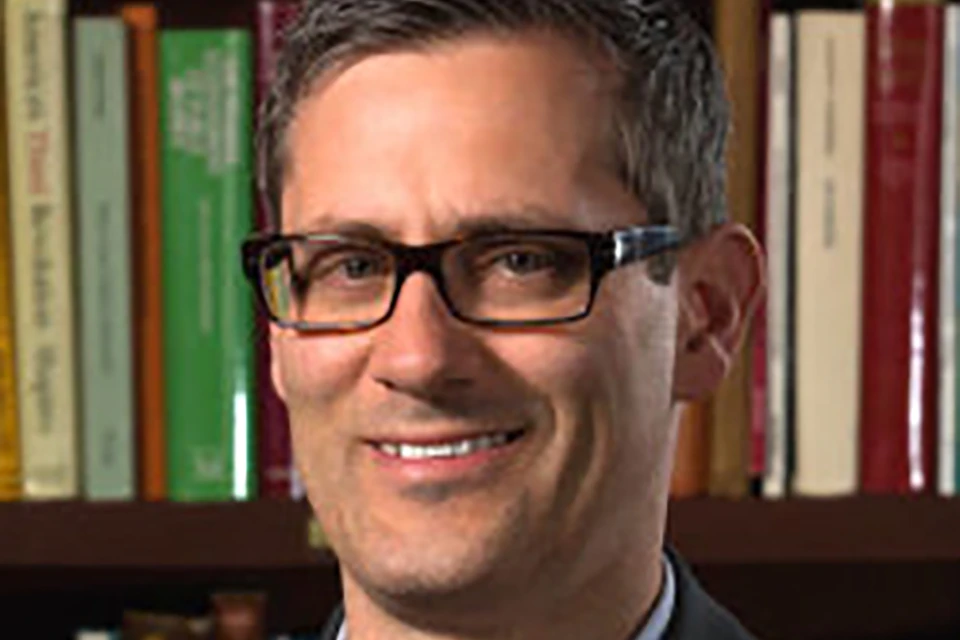Recent conceptualization of anxiety, depressive, and related “emotional” disorders emphasize their similarities rather than their differences. In response, there has been a movement in recent years away from traditional disorder-specific manuals for the treatment of these disorders and toward treatment approaches that focus on addressing psychological processes that appear to cut across disorders. These “transdiagnostic” evidence-based treatments may prove more cost-efficient and potentially increase the availability of evidence-based treatments to meet a significant public health need.
The Unified Protocol for Transdiagnostic Treatment of Emotional Disorders (UP), developed by Drs. Barlow and Farchione, and others at Boston University, is the most recognizable and widely used transdiagnostic treatment protocol with empirical support for its use. The UP is an emotion-focused, cognitive behavioral treatment comprising five core modules or components. These modules were designed to directly target temperamental characteristics, particularly neuroticism, and resulting emotion dysregulation, underlying all anxiety, depressive, and related disorders, rather than focus on surface-level DSM diagnostic symptoms.
This introductory workshop, presented by one of the co-developers of the UP, will provide clinicians with the knowledge and skills to apply this innovative treatment to commonly occurring (and co-occurring) mental health disorders such as anxiety and depression. The workshop will begin with a brief conceptual and descriptive overview of the UP and the mechanisms underlying temperamental change. This will be followed by a description and demonstration of how to apply core UP treatment modules, along with the similarities and differences between UP and traditional CBT. Videotaped illustrations of core treatment interventions (e.g., mindful emotion awareness and emotion exposures) will be presented, and attendees will be invited to participate in exercises as part of these demonstrations.
Course Objectives
At the conclusion of this course, participants will be able to:
- Identify core temperamental characteristics and deficits in emotion regulation underlying all anxiety, depressive, and related disorders and describe how these processes are assessed and targeted within the UP’s transdiagnostic framework.
- Apply the UP’s five core emotion-focused treatment strategies (increasing mindful emotion awareness, fostering cognitive flexibility, identifying and reducing patterns of emotion avoidance, increasing awareness and tolerance of emotion-related physical sensations, and interoceptive and situational emotion-focused exposures) to patients presenting with comorbid emotional disorders.
- Create effective and cohesive emotion exposures for patients with anxiety, depression, and complex comorbidities.
Instructional Level
This CE program is free to Kaiser Permanente employees.
Instructional Methodology
Lecture
Audio/Visual
On-line Presentation
Continuing Education Information
Kaiser Permanente Northern California Mental Health Training Programs is approved by the California Psychological Association, Office of Professional Development, to sponsor continuing professional education for psychologists in California.
Kaiser Permanente Northern California Mental Health Training Programs designate this live activity for 6 hours continuing education credits for the above-identified licensed professionals.
Refund and Attendance Policy
The seminars mentioned above are Free of charge to Kaiser Permanente Employees and Trainees.
IMPORTANT NOTICE: Those who attend the program in full and complete the appropriate evaluation form will receive CE credits. Please note that credit will only be granted for those who attend the entire lecture.

